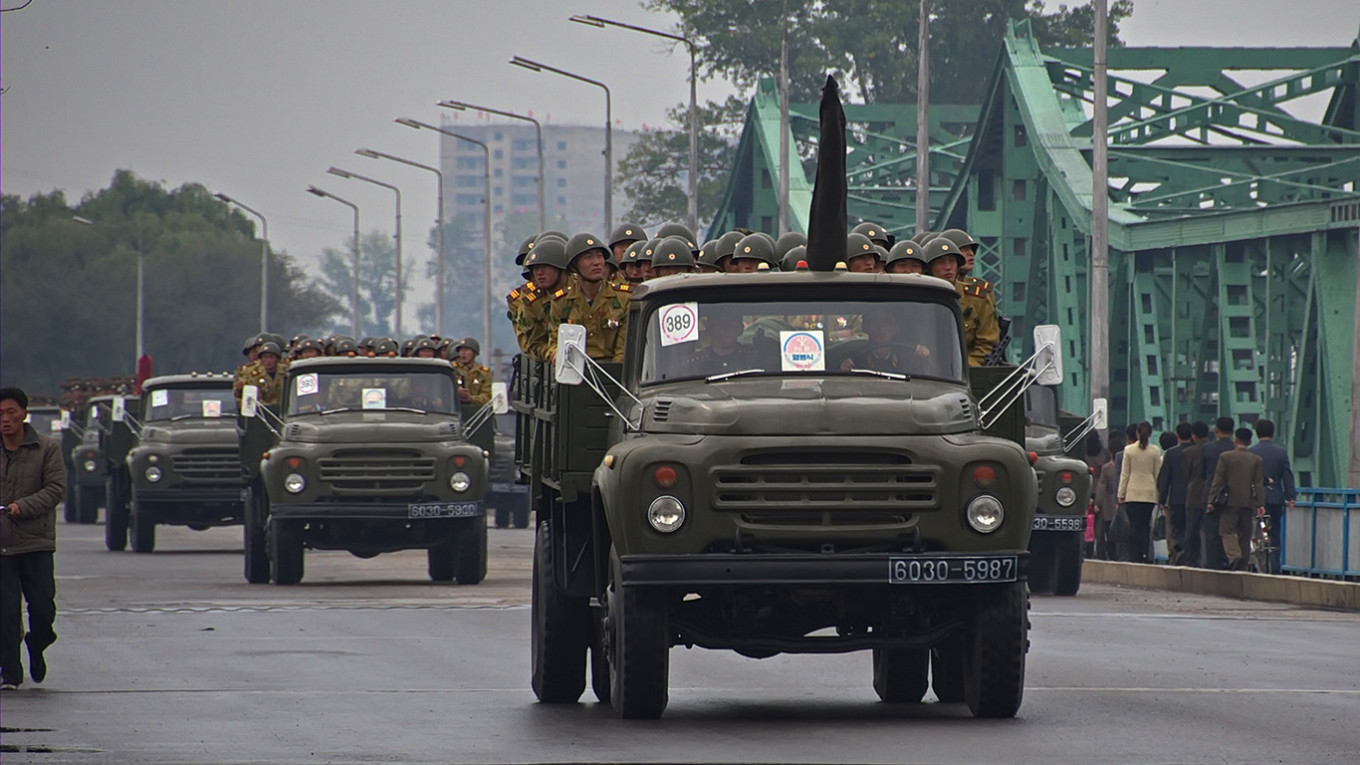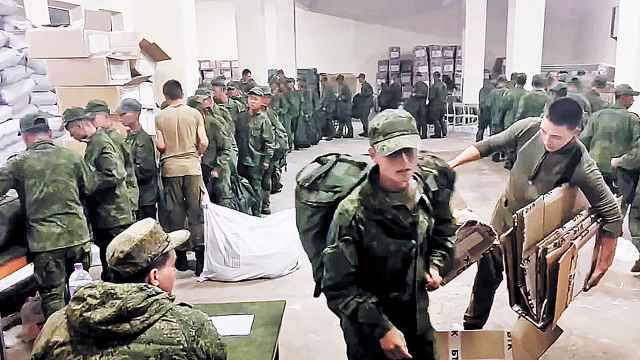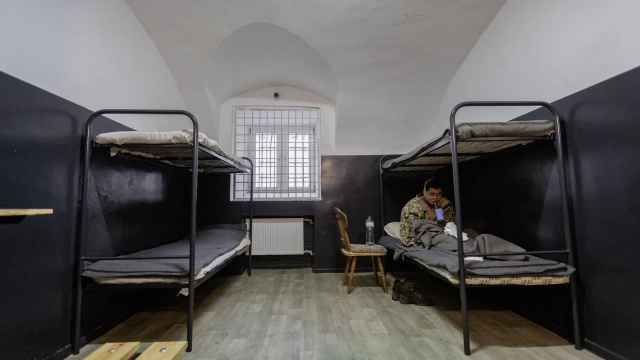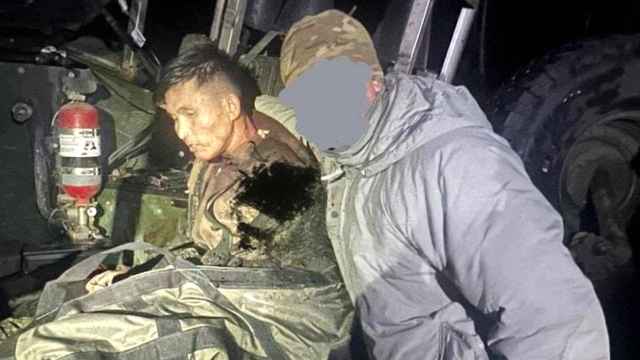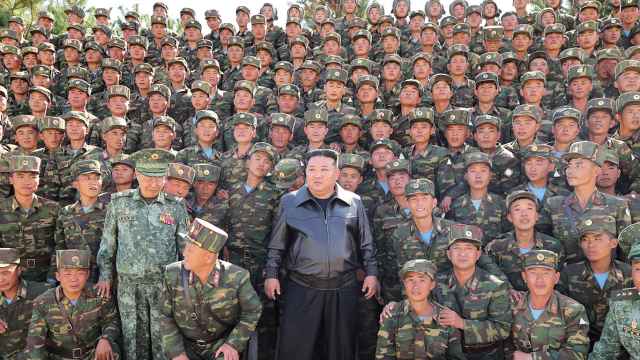North Korea sent an additional 1,500 troops to Russia, South Korea's intelligence agency told lawmakers Wednesday, with around 10,000 soldiers total expected to be deployed by December.
The latest deployment brings the number of North Korean troops in Russia to 3,000, lawmaker Park Sun-won said after the National Intelligence Service (NIS) gave a briefing.
"An additional 1,500 troops are believed to have been deployed to Russia... so approximately 3,000 North Korean soldiers are believed to have been deployed to Russia so far," Park, who sits on parliament's intelligence committee, told reporters.
"The planned deployment of about 10,000 troops from North Korea to Russia is expected by December," he said.
Last week, the NIS revealed that Pyongyang decided to send a "large-scale" troop deployment to help Russia in its war against Ukraine. Neither Russia nor North Korea have commented on the alleged troop deployments.
The U.S. Defense Department said Wednesday that there was evidence North Korea sent troops to Russia, and the day before Ukrainian President Volodymyr Zelensky said two North Korean brigades were undergoing training in Russia.
Another South Korean lawmaker said Wednesday that the NIS confirmed the Russian military "is actively recruiting a large number of Korean language interpreters."
North troops are being provided "with training on the use of military equipment, including drone operation and other technical skills," lawmaker Lee Seong-kweun told reporters.
"Russian instructors participating in military training have assessed that while the North Korean soldiers display excellent physical stamina and morale, they lack sufficient understanding of modern warfare tactics, especially drone-based attacks," Lee said.
As a result, the Russian instructors expect "there could be a significant number of casualties if North Korean forces are deployed to the frontlines," the lawmaker added.
Experts believe North Korean leader Kim Jong Un likely hopes to acquire military technologies, such as surveillance satellites, in exchange for sending soldiers to help Russia.
A Message from The Moscow Times:
Dear readers,
We are facing unprecedented challenges. Russia's Prosecutor General's Office has designated The Moscow Times as an "undesirable" organization, criminalizing our work and putting our staff at risk of prosecution. This follows our earlier unjust labeling as a "foreign agent."
These actions are direct attempts to silence independent journalism in Russia. The authorities claim our work "discredits the decisions of the Russian leadership." We see things differently: we strive to provide accurate, unbiased reporting on Russia.
We, the journalists of The Moscow Times, refuse to be silenced. But to continue our work, we need your help.
Your support, no matter how small, makes a world of difference. If you can, please support us monthly starting from just $2. It's quick to set up, and every contribution makes a significant impact.
By supporting The Moscow Times, you're defending open, independent journalism in the face of repression. Thank you for standing with us.
Remind me later.


